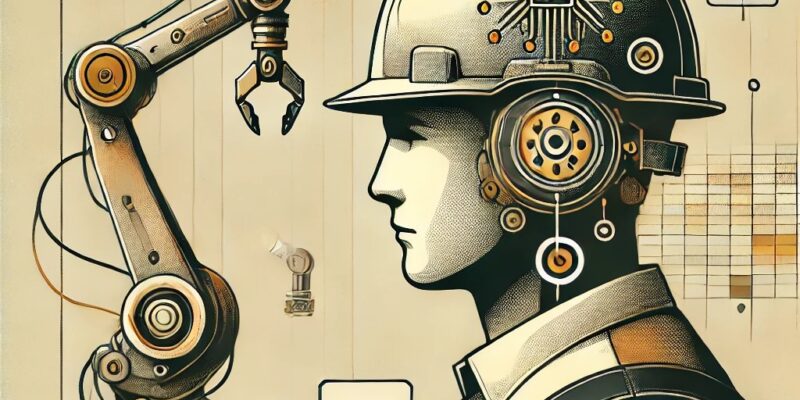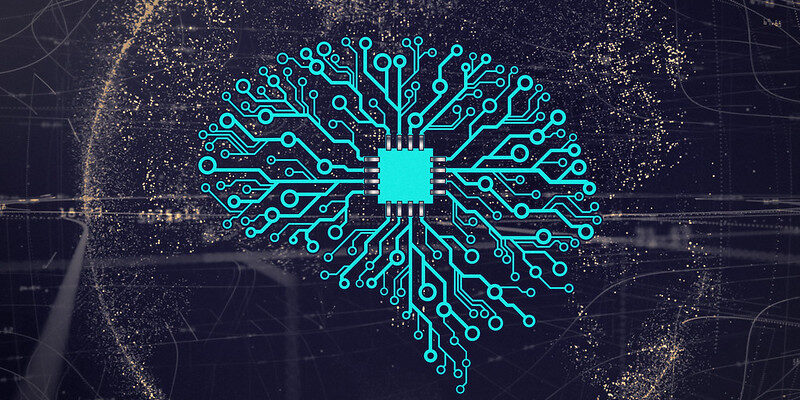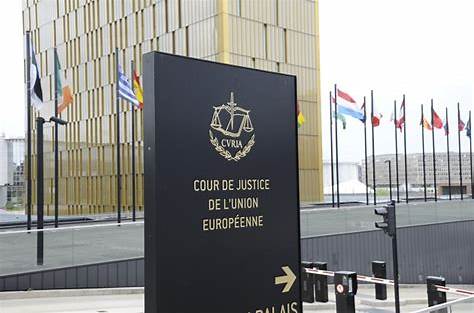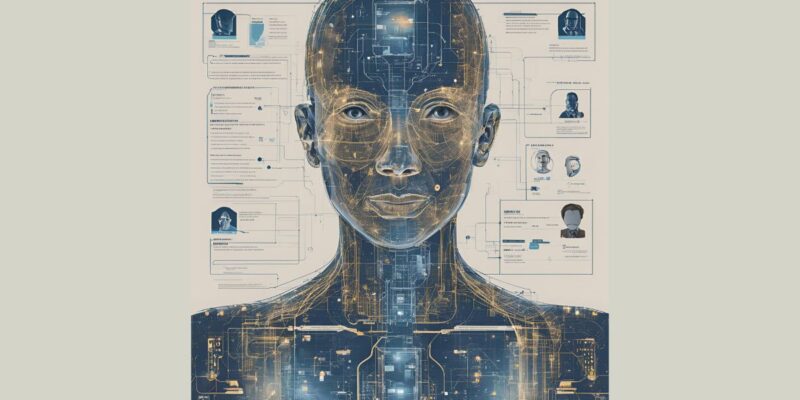From optimism to scepticism: artificial intelligence in work
Practice and academic insights into artificial intelligence in work Accept it: artificial intelligence is changing how we work, and we must adapt to it. This was the tenor of the discussion amongst members of a panel of legal practitioners and law academics in Dublin in May 2025. This post summarises the discussion amongst this panel….










